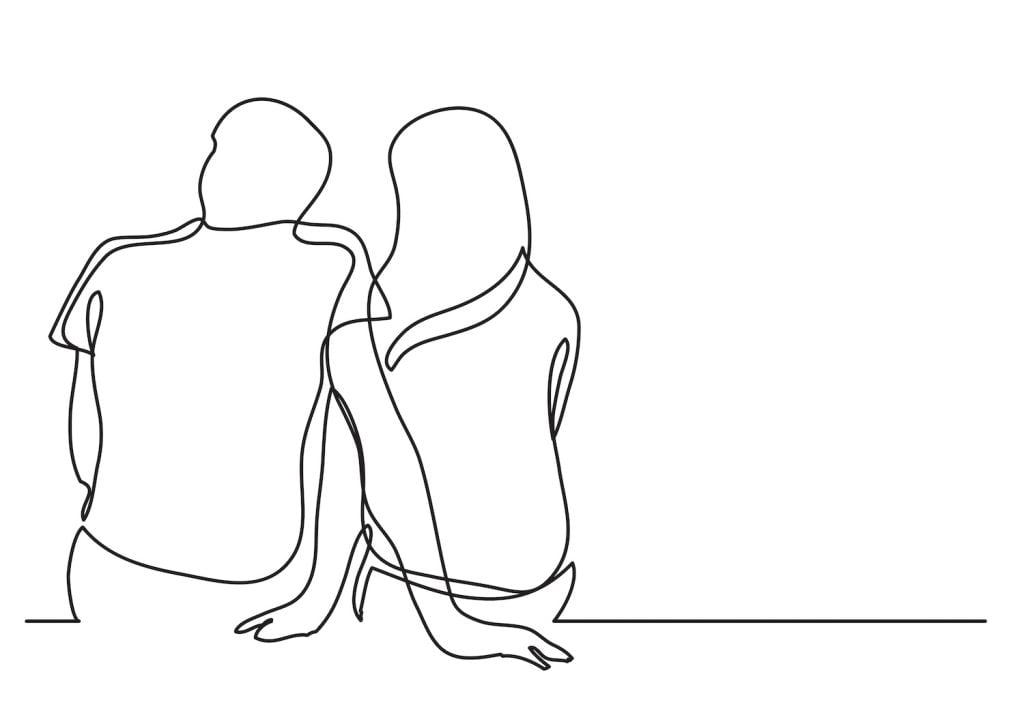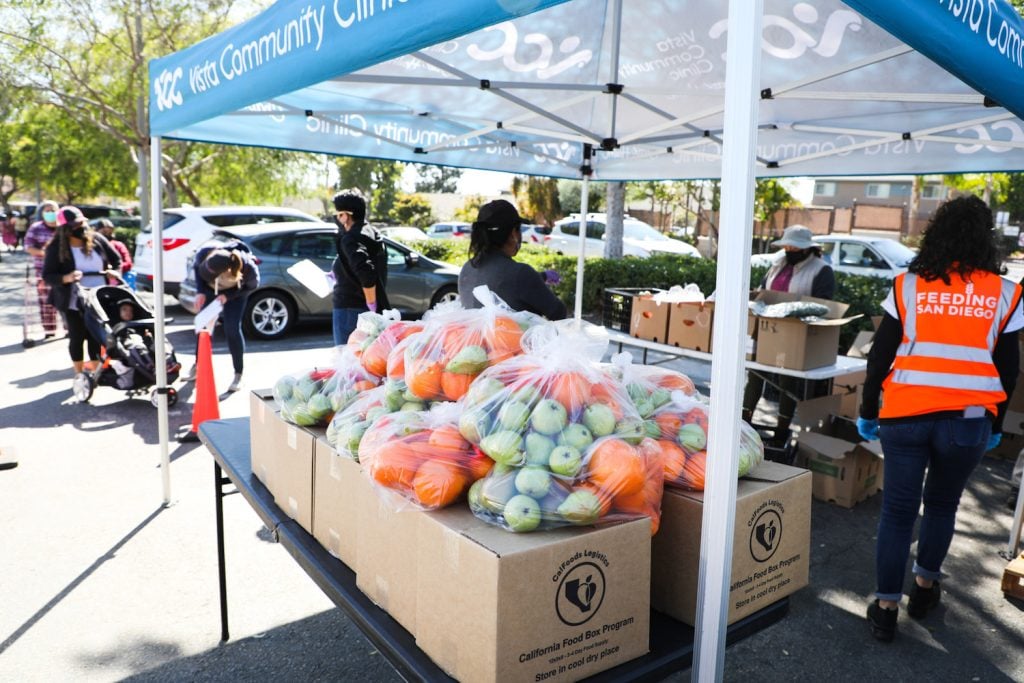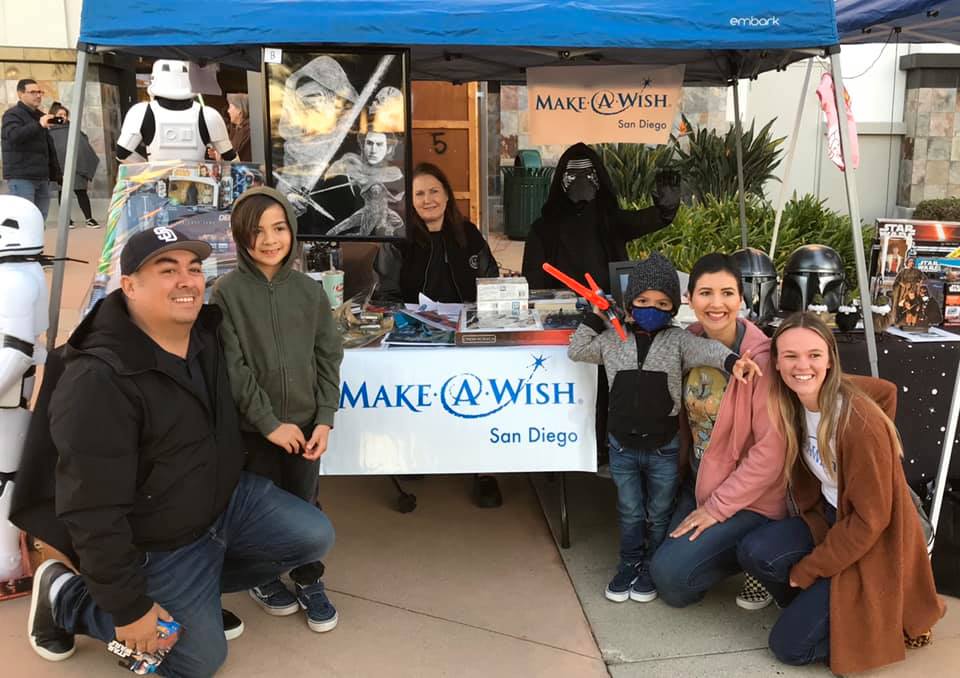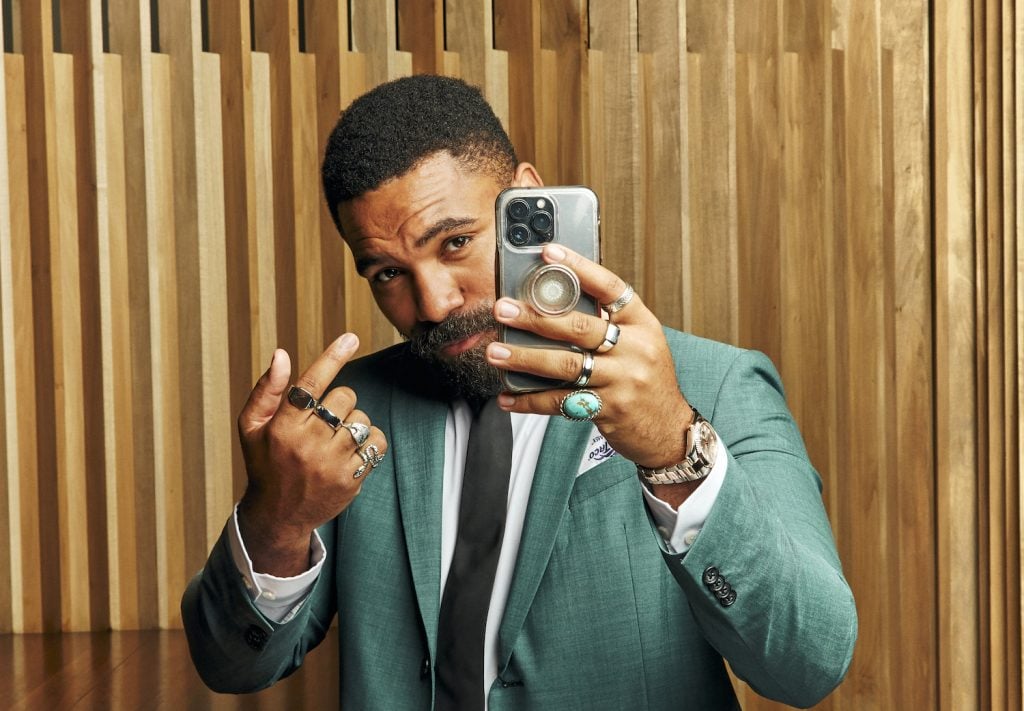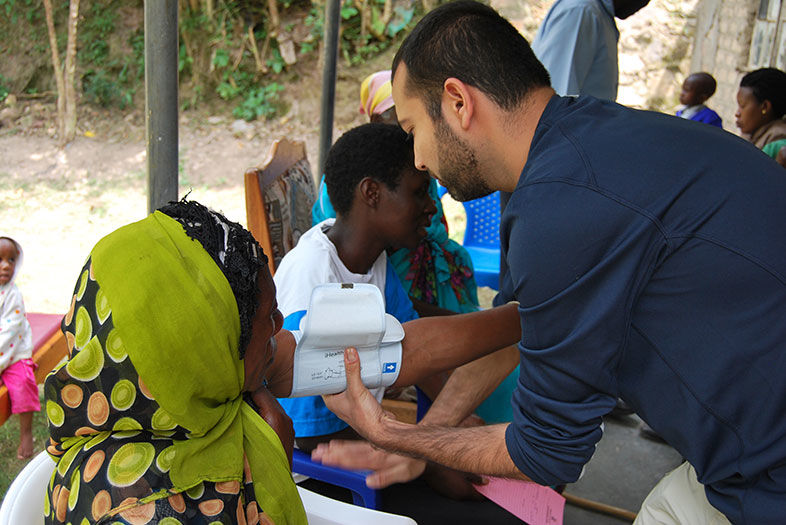East African villagers heard it on the radio: “American doctors setting up free medical clinic in [Kabale] Uganda.” More than a thousand locals walked for miles; women and children who’d never seen a doctor, barefoot boys with t-shirts falling off their backs. Two San Diego physicians awaited them with mini medical devices and lofty goals of bringing healthcare to the developing world. Scripps Clinic cardiologist Sanjeev Bhavnani and UC San Diego infectious disease specialist Ankita Kadakia carried backpacks of wireless technologies: pocket-sized ultrasound, iPhone-based glucometers, smartphone cases that capture the heart’s electrical rate. The husband-wife team treated up to 400 patients during the weeklong pilot study.
“Our first clinic was an all-inclusive mobile health clinic in the hospital, which is open-air, on grass,” Bhavnani says. “It’s really amazing, actually. They gave us a storage room and said ‘Here’s your mobile health clinic.’ We treated as many as we could who walked through the door.”
“People [in kabale, uganda] use their cell phones for their livelihood, their prescription at the pharmacy, buying their groceries.”
The San Diego physicians diagnosed and treated children with holes in their hearts, women with complicated pregnancies, men with heart disease and HIV. They educated healthcare workers. And they discovered something shocking while working in this far-flung region of East Africa, where even electricity is spotty: 85 percent of the people have mobile phones.
“They laugh at us when we say ‘Can we use our credit card?’ because they send money through their phones via text messages,” Bhavnani says. “People use their cell phones for their livelihood, their prescription at the pharmacy, buying their groceries.”
The portable medical devices were a cinch for the locals. Bhavnani says mobile technologies offer enormous promise in developing countries. Take malaria, for instance, which kills hundreds of thousands in Africa each year. In Uganda, community healthcare workers have drugs to treat the mosquito-borne disease. But by the time someone with malaria gets diagnosed at a hospital, it’s often too late.
“Now we have microscopes on our phone that can diagnose malaria outside of a lab, microscope, and technician,” Bhavnani says. “You arm one person with the tool and you’re able to treat hundreds. This is the vision of global mobile health and bringing the diagnostics to people.”
The Uganda trip was part of a pilot study on mobile health. Bhavnani also went to India in August to launch a clinical trial that will take them back to Africa in 2015. The couple also helped develop a primary school in Uganda, called Amazing Love Foundation, that serves children orphaned by AIDS.
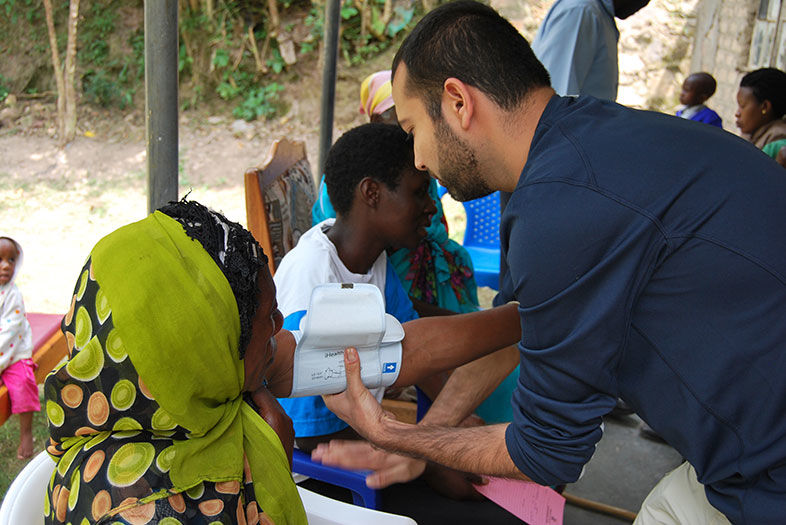
Top Docs 2014: The New Digital Highway




